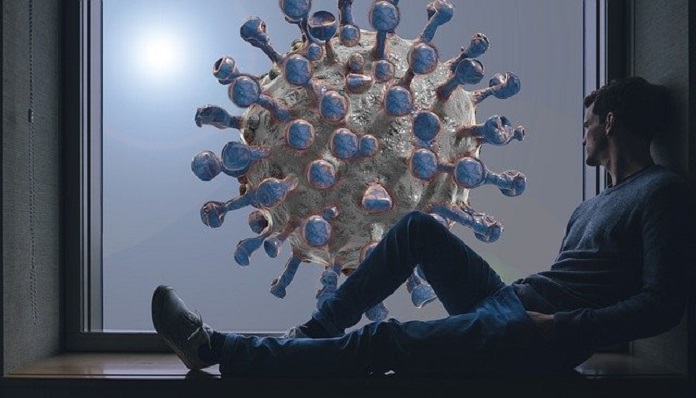An observational study was conducted through the Fondazione Policlinico Universitario Agostino Gemelli IRCCS (Rome, Italy) to determine if those who experienced severe COVID-19 infections developed posttraumatic stress disorder (PTSD).
There were 381 participants involved in the study ranging in age from 18 to 89, which took place from April 2020 to October 2020. Approximately 80% of patients were hospitalized due to the severity of their COVD-19 symptoms, all of which recovered from their infection within 30-120 days. The average number of days spent in the hospital by participants was 18.41 days. Both medical and psychiatric assessments were completed for each individual that participated in the study upon after recovering from COVID-19 infections.
Trained psychiatrists were able to diagnose participants based on criteria associated with PTSD and other psychological disorders. Over 30% of individuals were found to have experienced PTSD after COVID-19 infection, which can be attributed in part to experiencing a traumatic event. In addition, other disorders such as generalized anxiety disorder and depressive episodes were observed in participants.
One of the factors that are often associated with PTSD is biological sex, as females are more likely to experience the disorder when compared to men. Of the 381 participants, almost half (43.6%) were female. Those who had a history of mental health issues, such as anxiety and depression, were also more likely to experience PTSD. Lasting symptoms even after recovering from the virus would be another factor that would increase the risk of experiencing PTSD after COVID-19 infection.
It should be noted that only a small number of participants were involved in this study. Additionally, there was no control group involved in the study that examined patients who were admitted to the emergency rooms for cases that were not related to COVID-19. Following recovery, this control group that was not infected with COVID-19 could be monitored to determine if they were experiencing PTSD or other related disorders. This would allow better connections to be made between PTSD and COVID-19 infection, while taking into account potential impacts of just being in the emergency room during a pandemic.
This study is important for a number of reasons. First, the results highlight the importance of understanding the long-term effects of COVID-19 infection. Although an individual may have physically recovered from COVID-19, there is the potential to develop other disorders such as PTSD from the associated trauma. Risk factors like biological sex and a history of mental health issues should also be taken into consideration when providing follow-up care for patients that have recovered from COVID-19.
Source:
Janiri D, Carfì A, Kotzalidis GD, et al. Posttraumatic Stress Disorder in Patients After Severe COVID-19 Infection. JAMA Psychiatry. Published online February 18, 2021. doi:10.1001/jamapsychiatry.2021.0109
Image by Gerd Altmann from Pixabay



